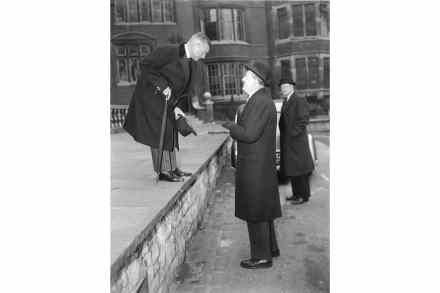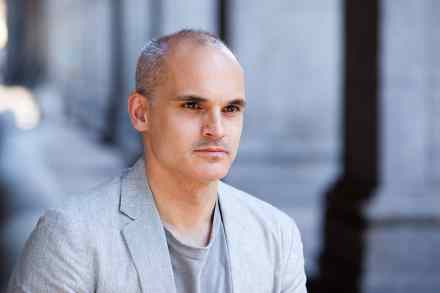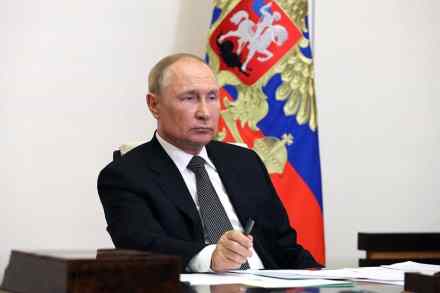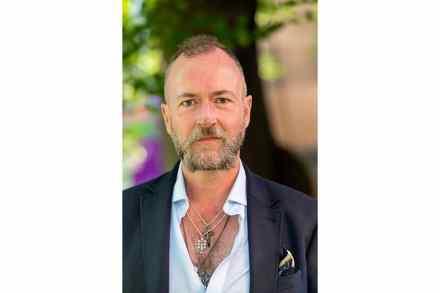Nothing compares with Chips Channon’s diaries for sheer exuberance
‘Why was he born so beautiful, why was he born at all?’ When ‘Chips’ Channon strolled into the House of Commons tea room in 1951, this was the chant with which encircling drunken Labour MPs mocked him. Politically, he was inessential they thought, and epicene. He admitted to being the best-dressed of MPs, but reckoned the young socialist Anthony Crosland to be the most beautiful. As a historical record keeper, though, he has cut a deeper and more ineffaceable mark than any of his tormentors. Nothing compares with the unexpurgated Channon diaries. They are rich, exuberant, copious and shatteringly honest. For those interested in the parliamentary politics of 20th-century England,





















